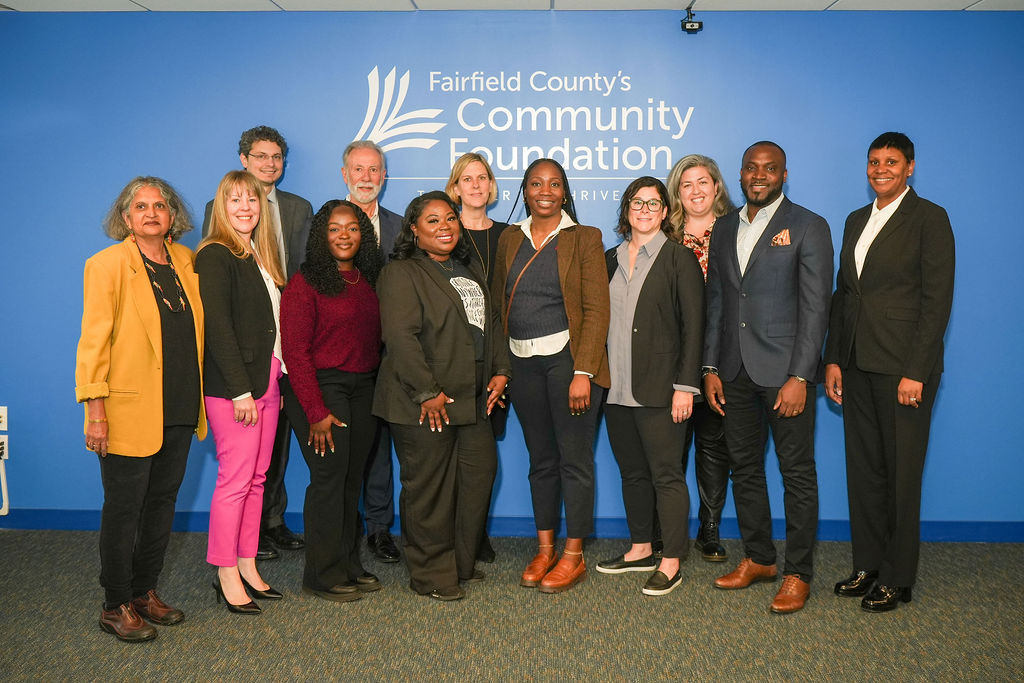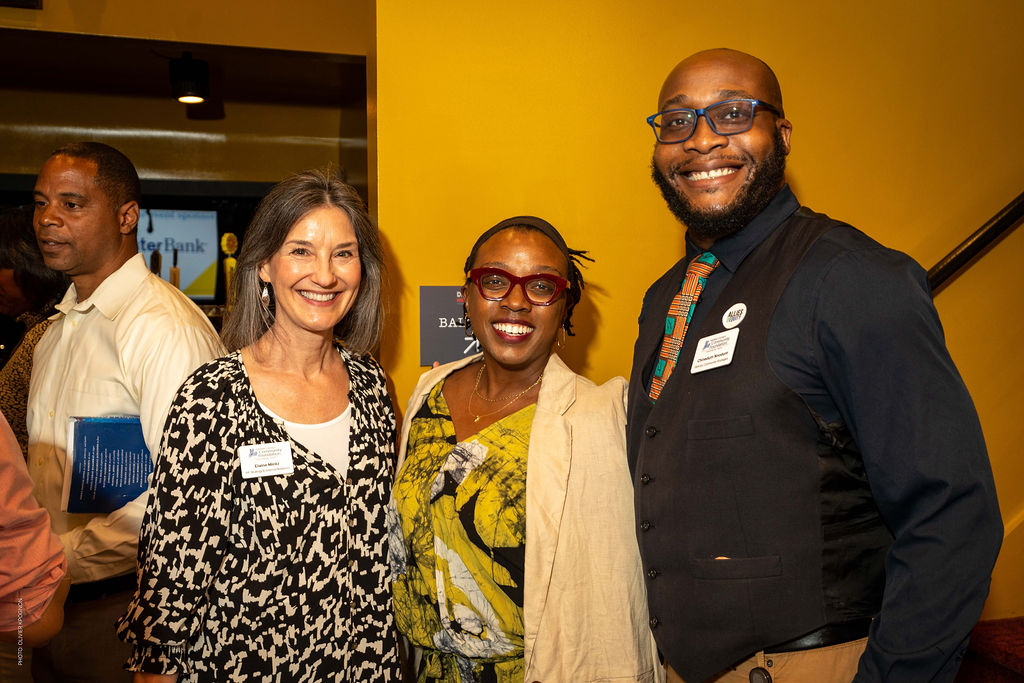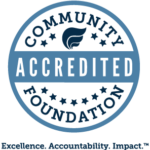Behind the Curtain: Crafting Equitable and Inclusive Compensation Guidelines
Jun 21, 2024
Welcome to the second blog post in a new series featuring Community Foundation team members reflecting on their personal DEI journeys and that of the Foundation overall.
Many FCCF programs and initiatives are driven by engaging community members who are closest to the challenges we aim to address. Often, this includes seeking personal feedback and opinions unique to these individuals, providing invaluable data and insights. Research indicates that including diverse voices in our processes leads to better outcomes, such as more comprehensive research.
In forming the Upside of Equity Research Advisory Panel, Dr. Tanya Hills realized there was no formal FCCF policy for compensating participants. Recognizing the potential for inconsistency and inequity, she set out to develop a policy ensuring transparency and fairness in compensating community members for their contributions, reflecting FCCF’s commitment to diversity, equity, and inclusion (DEI).

The journey to create the Community Compensation Guidelines began with collaboration with Chinedum Nnodum, FCCF’s Director of Community Strategies who faced similar compensation questions for his Advisory Panel for the Community Equity Incubator.
“Valuing people’s time and expertise is crucial. Nonprofits and researchers often overlook compensating individuals for their lived experiences, which is a unique and invaluable form of expertise. By compensating these individuals, we recognize their expertise as vital, akin to technical or academic knowledge. ”
Dr. Tanya Hills
Director, Learning, Evaluation & RESEARCH
Without clear compensation guidelines, the risk of unequal treatment was significant. The FCCF community thrives on consistency; paying one person differently from another could quickly lead to inequity.
To develop the guidelines, Hills turned to existing literature and best practices in the nonprofit and philanthropic sectors. Despite creative approaches, there was a lack of clear, proven practices. Hills and Nnodum consulted with 30 stakeholders, including other foundations, to gather input and insights. The team prioritized creating guidelines using a DEI lens.
“The Foundation sits in a unique space of intersectionality – we have opportunities to receive feedback at the grassroots level and then translate them into our work with philanthropists, advocates, and lawmakers. When we ask for panel participation, we need to ensure resources are available so direct or indirect costs of that participation are not a barrier. Only then can we be confident that our panel is truly equitable. ”
Chinedum Nnodum
Director, Community Strategies
The Community Compensation Guidelines ensure fair compensation, remove barriers to participation, and acknowledge the valuable contributions of all community members. They reflect our commitment to equity and our belief that everyone’s input is essential for meaningful progress.
Since adopting the Community Compensation Guidelines in early 2024, FCCF has received positive feedback from nonprofit and community partners, some of whom are using them as a baseline for their own projects. The design allows for equitable participation on panels and advisory boards, offering compensation to all participants while letting those who don’t need it opt out.

In sum, the development of the Community Compensation Guidelines reflects our dedication to DEI principles. By valuing lived experiences and ensuring equitable treatment, we advance our mission to create a more inclusive and effective community foundation.
Read the prior post in the series: Behind the Curtain: Equity Reflections with Rebecca Cordero.

